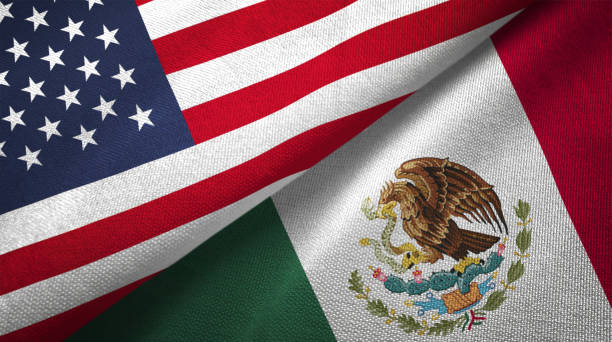
By Gabriela Flores
Growing up with a loud, prideful Mexican family, I never fully acknowledged how my Spanglish tongue or love for rancheras was considered “different” in the States. To put it more simply, I never knew I was Mexican-American till I was about 8-years-old, and thankfully so because my ignorance was surely bliss. But on one chilly autumn day, my middle school teacher abruptly pulled me out of the peaceful bubble I didn’t know existed.
It was around 9 a.m., circa 2009, when I had just finished reading aloud a “Magic School Bus” book. My teacher, Ms. T, turned and said something along the lines of “you speak English so well.” Little bright-eyed me felt flattered, a little confused, but flattered nonetheless. Things turned sour shortly after when I was then asked if I was born “here in America,” and boy, was Ms. T surprised to hear that I first saw the light in Elmhurst Hospital.
Many other first-generation people, whose parents either walked with aching feet in a dingy tunnel or arrived on a plane to the American Dream, have encountered similar experiences. Academia, or seemingly most other American institutions, is not immune to the all too common curiosity of what background someone with even slightly dark skin has. What I noticed since that fateful day is that America seems to be a tad obsessed with categorizing identity, and pinpointing the specifics behind someone’s features that can be considered “other.” And this can arguably be for better or for worse because this age-old process of categorizing along racial lines contains glaring perils as well as some more subtle, yet significant perks.
Once I turned 14 and frequently encountered demographic questions on school forms, I quickly noticed that what I and my fellow Latino peers filled in for race became a buzzing conversation. In one incident, an administrator pushed us to either check “White” or “Black,” never letting us know that “Other” was an option. Sure enough, most of us were left wondering, well, we’re a little mix of everything aren’t we? Our thick, dark hair might’ve descended from our Indigenous or Black ancestors, possibly both. Our Latin-rooted last names surely came from invading conquistadors, right? In all honesty, who the hell knows?
In the early years of my 20-year-old existence, I didn’t fully understand just how much gruesome history was tied to my Mexican roots, from the brutal colonial invasions to mass killings. I didn’t comprehend the fact I will likely never know who’s DNA runs through my veins, or how I’ll probably never know who my father’s grandmother was (legend has it, she was from Italy). Why? Because my history, along with that of my fellow Latinos, has been largely erased from most textbooks and the consciousness of many around us. It’s not the fault of anyone alone, but it’s just how things work today, with some actively preserving the little fragments of the past we have left and others trying to still figure out what makes them who they are.
Though I could argue these race questions on a Scantron have probed my brain in a good way, they have also done the opposite, pricking my skin with the hard truth of “tokenism.” Being upfront about my appearance, I’m light brown, and on some occasions, I look “white-passing” according to my fellow Latinas. I have never borne the brunt of colorism, and that’s the truth. I’ve only been verbally attacked with Mexican-pointed slurs and strangely, but expectedly, tokenized for simply having “Flores” as my last name. As for the latter, I didn’t notice it until I became a walking diversity card for many predominantly white, private institutions during my college search.
If you were like me, a nail-biting senior in high school, you might have come across the latest pitch from a college fair spokesperson of, “we’re offering diversity scholarships,” or better yet, “you’ll be a great asset to our college’s diversity.” And though I’m all for getting free funds to pay off a $70K tuition, I never felt comfortable with the fact that my name and boxes that I checked about my identity would be considered one of the principal reasons why I’d be accepted anywhere.
But to be a walking token for some, and part of “the problem” to others, are not issues that only I or other Latinos face for simply just being. It’s a wider issue, cast over many across race, religion, gender, creed, and everything in between. If there’s anything I learned with this Mexican-American body of mine, it is that no matter what, America will categorize you by forcing you to figure out your own “identifiers.” Depending on the instance, this can be for better or for worse. For me, through my experience, it has certainly been a little bit of both.
